Understanding sole trader expenses is crucial for maximizing tax savings and maintaining financial health․ These expenses are essential for running a business and can be claimed as tax deductions․ Tracking them ensures compliance and helps in identifying allowable deductions․ This section provides a comprehensive guide to managing and claiming sole trader expenses effectively․
1․1 Overview of Allowable Expenses for Sole Traders
1․2 Importance of Tracking Business Expenses
Tracking business expenses is vital for sole traders to ensure financial clarity, comply with tax regulations, and maximize tax savings․ Accurate records help distinguish between personal and business costs, ensuring only eligible expenses are claimed․ This practice also provides insights into spending patterns, aiding in budgeting and cost management․ Proper documentation supports tax deductions, reducing taxable income and lowering overall tax liability․ Additionally, tracking expenses helps in preparing accurate financial statements, which are essential for business growth and decision-making․ Utilizing digital tools or receipts ensures expenses are organized and easily accessible for audits or tax filings․ Regular monitoring of expenses fosters financial discipline and contributes to the long-term sustainability of the business․
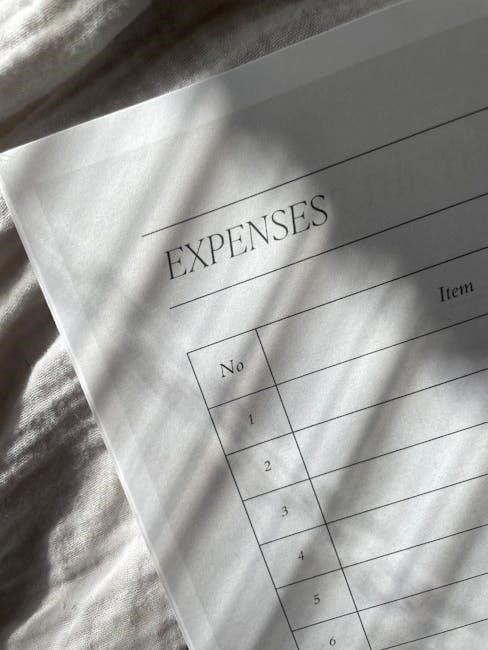
Categories of Sole Trader Expenses
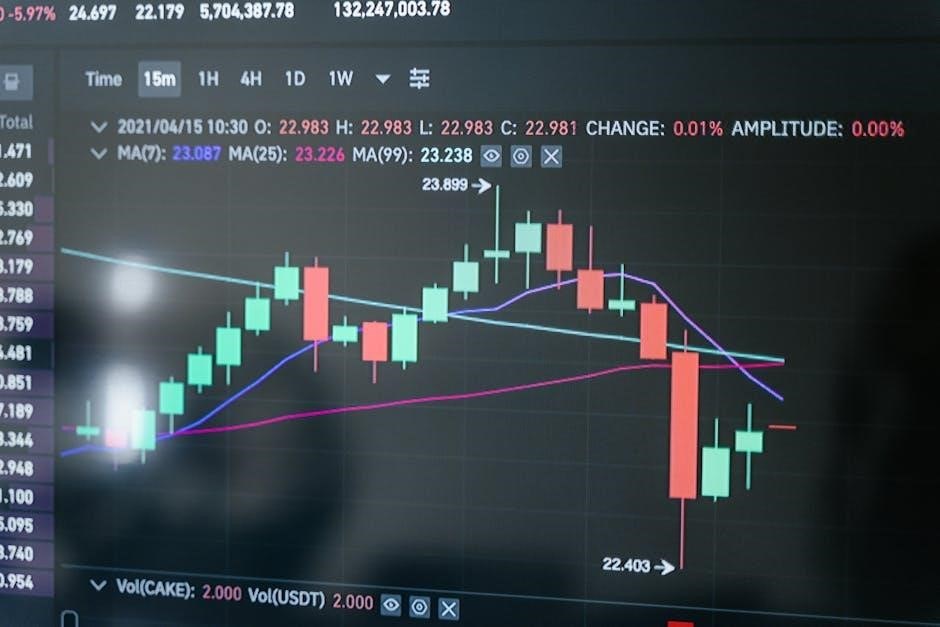
Sole trader expenses cover various business-related costs, such as home office, travel, professional fees, equipment, marketing, and financial fees․ Accurate categorization aids tax deductions and financial management․
2․1 Home Office Expenses
Home office expenses are a significant category for sole traders who work from home․ These may include a portion of rent or mortgage interest, utilities, internet, and office supplies․ HMRC allows a flat rate deduction for simplified calculations, or traders can claim actual costs proportionate to business use․ Additionally, expenses like desk, chair, and computer equipment are deductible․ Proper documentation is essential to support these claims, ensuring compliance and maximizing tax benefits․ Accurate records help in calculating the correct expense proportion, making it easier to file tax returns and receive the maximum allowable deductions․
2․2 Travel and Transportation Costs
Travel and transportation expenses are deductible for sole traders when incurred for business purposes․ This includes parking fees, train, bus, and taxi fares, as well as hotel stays and meals during overnight business trips․ HMRC allows these costs to be claimed as long as they are solely for business use․ However, receipts are required for expenses over £25 to support the claims․ These deductions help reduce taxable income, providing significant tax savings․ Proper documentation is essential to ensure compliance and maximize allowable expenses․ By accurately tracking travel costs, sole traders can optimize their financial returns and maintain a clear record for tax purposes․
2․3 Professional Fees and Services
Professional fees and services are deductible expenses for sole traders when they relate directly to the business․ This includes accountancy fees for preparing tax returns, legal fees for drafting contracts, and advisory services․ Payments to professionals like consultants or specialists are also allowable․ However, these expenses must be solely for business purposes and documented properly․ Receipts for payments over £25 are typically required to support claims․ These deductions help reduce taxable income, offering financial benefits․ Accurate records ensure compliance and maximize allowable expenses․ By claiming professional fees, sole traders can optimize their tax positions and maintain a clear financial overview for their business operations․
2․4 Equipment and Supplies
Equipment and supplies are essential for running a business and are fully deductible as sole trader expenses․ These include office equipment like computers, printers, and furniture, as well as stationery and other consumables․ For items costing over £25, it’s advisable to keep receipts as proof․ Additionally, the cost of maintaining or repairing equipment can also be claimed․ These expenses help in reducing taxable income, thereby lowering the overall tax liability․ Accurate documentation is crucial to ensure compliance with tax regulations and to avoid potential issues during audits․ By claiming these expenses, sole traders can maintain the efficiency of their operations while optimizing their financial standing․
2․5 Marketing and Advertising Expenses
Marketing and advertising expenses are crucial for promoting a sole trader’s business and attracting customers․ These costs are fully deductible as business expenses, helping to reduce taxable income․ Examples include website development, social media ads, print materials like brochures, and online marketing campaigns․ Even small expenditures, such as business cards or Google Ads, qualify for tax relief․ Keeping detailed records, including receipts and invoices, is essential for verifying these expenses․ By investing in marketing, sole traders can enhance their brand visibility and drive growth, all while benefiting from tax deductions that improve their financial position․ This makes tracking these expenses a key part of effective business management․
2․6 Financial and Banking Fees
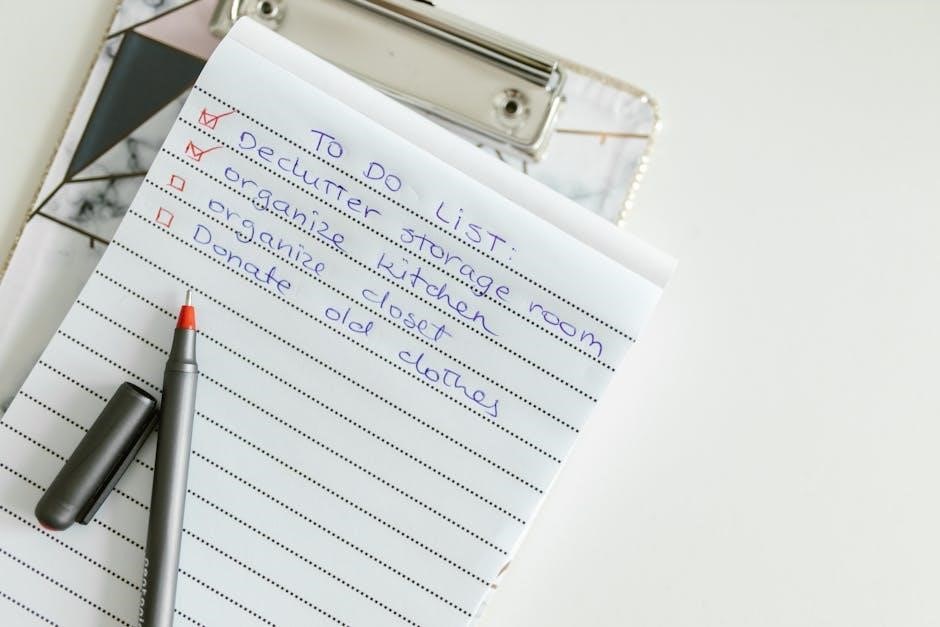
Financial and banking fees are legitimate business expenses for sole traders, offering tax relief․ These include bank account charges, transaction fees, and payment processing costs․ Interest on business loans and credit card fees for business purchases also qualify․ Additionally, fees for financial services like accounting or bookkeeping are deductible․ It’s important to separate personal and business transactions to ensure eligibility․ Detailed records, such as bank statements and invoices, are essential for claiming these deductions․ By accurately tracking financial fees, sole traders can optimize their tax savings and maintain better control over their business finances․ This helps in reducing taxable income and improving overall profitability․
2․7 Miscellaneous Business Expenses

Miscellaneous business expenses encompass a variety of costs that don’t fall under specific categories but are still essential for running a business․ These include parking fees, postage, stationery, and small office supplies․ Professional association memberships, subscriptions to business software, and industry publications are also deductible․ Additionally, costs related to business meetings, such as refreshments or venue rentals, can be claimed․ It’s important to ensure these expenses are directly related to the business and not personal in nature․ Keeping detailed records, such as receipts and invoices, is crucial for verifying these costs during tax filings․ Proper documentation ensures compliance and maximizes allowable deductions, helping sole traders reduce their taxable income effectively․
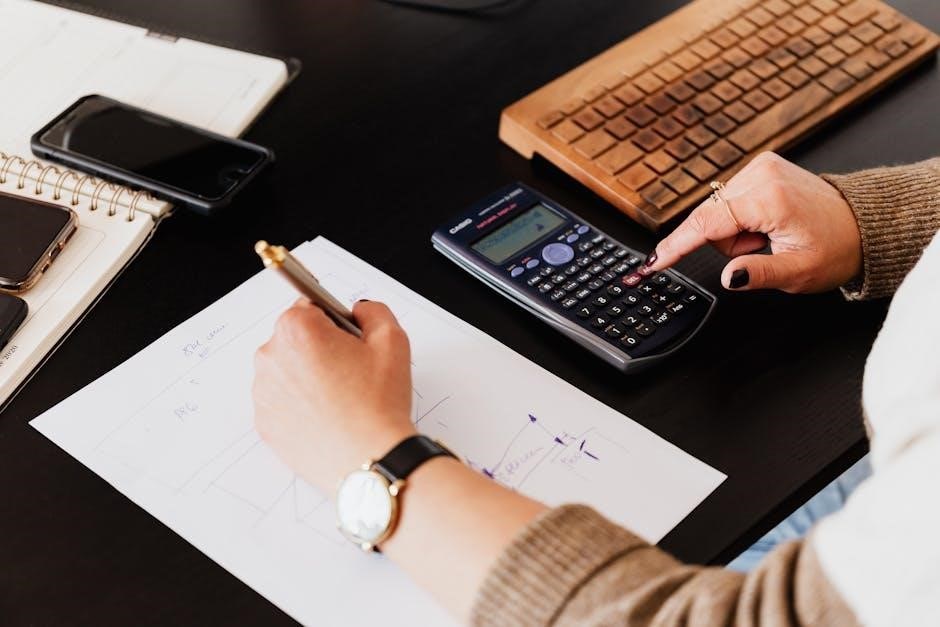
Record-Keeping and Documentation
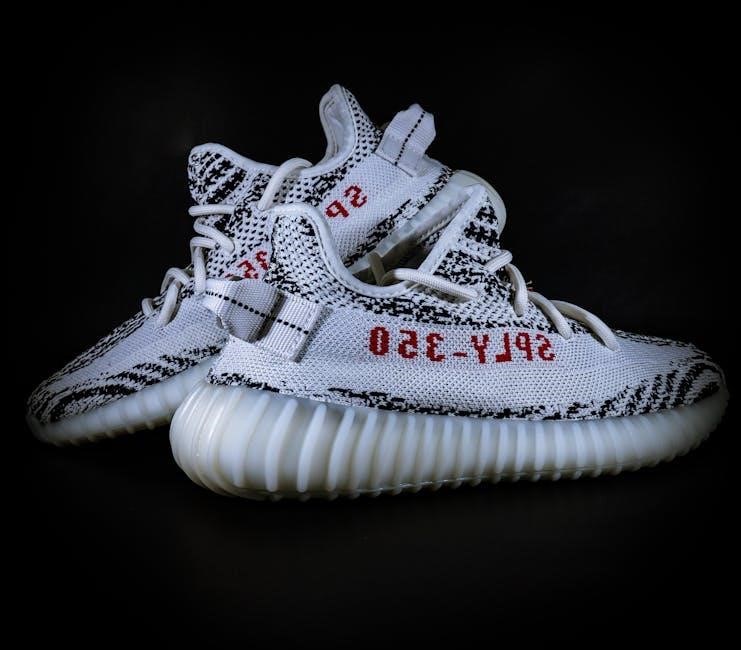
Accurate record-keeping is vital for sole traders to claim allowable expenses․ Maintain receipts, invoices, and bank statements to support tax deductions․ Digital tools simplify tracking and organization, ensuring compliance with tax requirements and streamlining financial reporting․
3․1 Requirements for Expense Receipts
Expense receipts must detail the date, amount, description of the item or service, and the vendor’s name to be valid for tax purposes․ For expenses over $25, receipts are typically required, while smaller amounts may not need documentation․ Digital receipts are accepted and recommended for easy organization․ Ensure all receipts are legible and clearly show the business purpose of the expense․ Properly categorizing and storing receipts helps during tax filings and audits․ Maintaining organized records is essential for compliance with tax authorities and ensures you can claim all eligible deductions․ Receipts should be retained for at least three years, as per tax guidelines, to support your expense claims if required․
3․2 Digital Tools for Expense Tracking
Digital tools simplify expense tracking, enhancing accuracy and efficiency; Popular options include Expensify, QuickBooks, and Xero, which offer features like receipt scanning, automated categorization, and real-time expense monitoring․ These tools integrate with banking systems, reducing manual entry and minimizing errors․ They also generate comprehensive reports, making tax filings easier․ Sole traders can upload digital receipts, set budget alerts, and track spending trends․ Cloud-based solutions ensure accessibility from any device, promoting organized financial management․ By leveraging these tools, sole traders can maintain precise records, comply with tax requirements, and optimize their expense claims․ Digital solutions not only save time but also reduce the stress of managing finances, contributing to better overall business health․
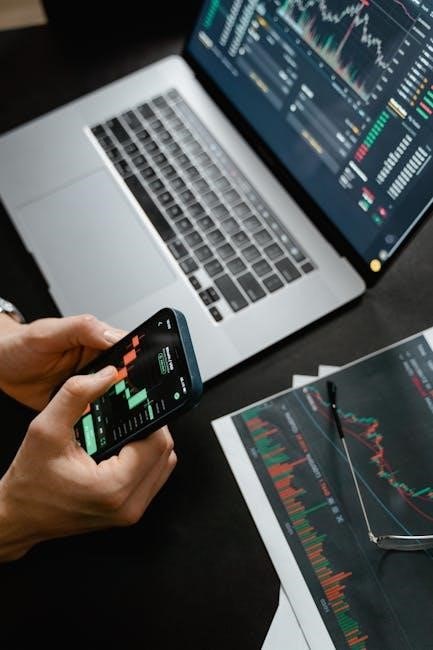
Tax Deductions and Benefits
Sole trader expenses reduce taxable income, offering significant tax benefits․ Accurate tracking ensures maximum deductions, minimizing tax liability and optimizing financial gains for the business․
4․1 How Expenses Reduce Taxable Income
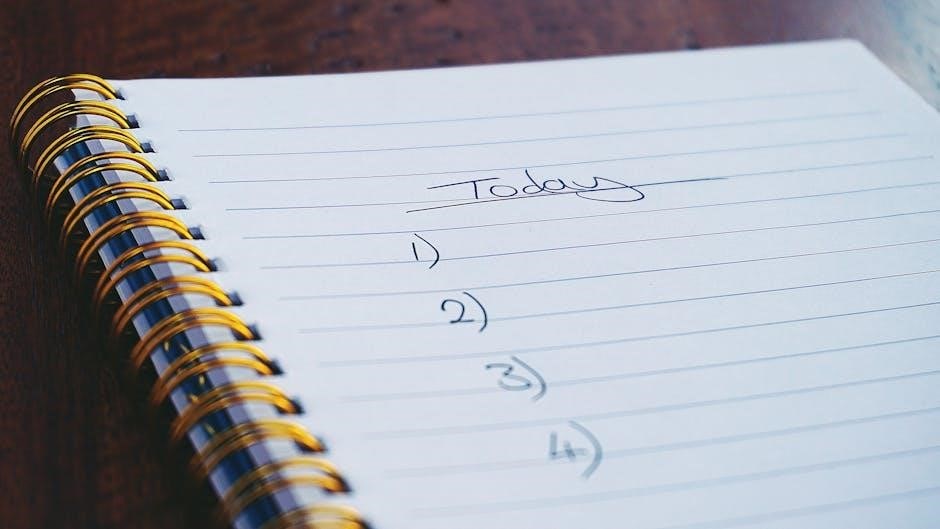
Allowable expenses directly reduce a sole trader’s taxable income, lowering the overall tax liability․ For instance, if a sole trader earns £9,000 and incurs £1,000 in allowable expenses, only £8,000 is taxed․ This mechanism helps minimize tax payments and maximize business profitability․ By claiming legitimate expenses, sole traders can significantly reduce their taxable income, ensuring they only pay tax on their net profit․ This approach incentivizes accurate record-keeping and compliance with tax regulations, as every deductible expense contributes to a lower tax bill and higher cash flow for the business․
4․2 Common Mistakes to Avoid
When claiming sole trader expenses, several common mistakes can lead to tax issues․ Failing to keep proper receipts or records is a frequent error, as HMRC requires proof for allowable expenses․ Another mistake is mixing personal and business expenses, which can result in disallowed claims․ Overclaiming expenses, such as including non-business-related costs, is also a pitfall․ Additionally, some sole traders miss deadlines for submitting expenses, missing out on potential tax savings․ It’s crucial to ensure all expenses are legitimate, itemized, and accurately recorded to avoid penalties and ensure compliance with tax regulations․
